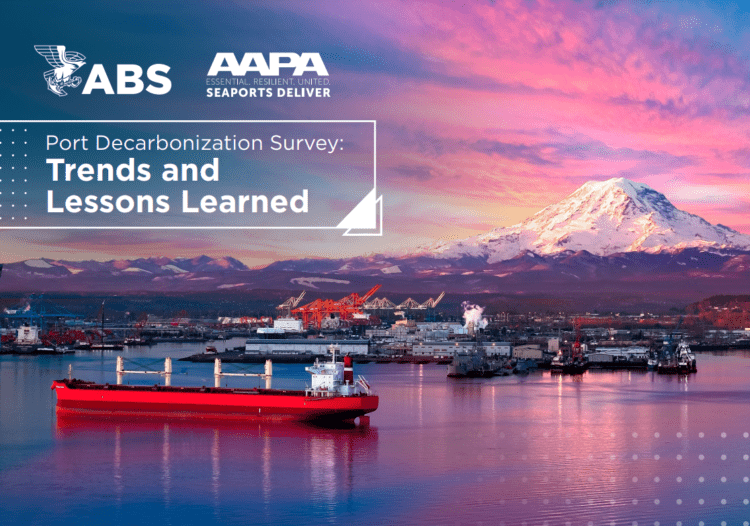
AAPA and ABS Release Port Decarbonization Report
Washington, D.C. — Today, the American Association of Port Authorities (AAPA) released a significant industry report titled, “Port Decarbonization Survey: Trends and Lessons Learned.” It was conducted in partnership with the American Bureau of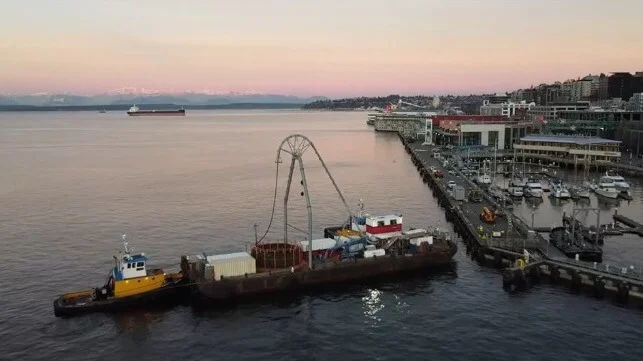
Port of Seattle Expands Shore Power for Cruise Ships
Via Maritime Executive Cruise ships sailing into the port of Seattle for the 2024 season will plug in to shore power at the Bell Street Pier Cruise Terminal at Pier
Federal Government Publishes National Zero-Emission Freight Corridor Strategy
The Federal Government’s Joint Office of Energy and Transportation has published a National Zero-Emission Freight Corridor Strategy. The Strategy charts a future for zero-emission heavy-duty freight transportation across America. AAPA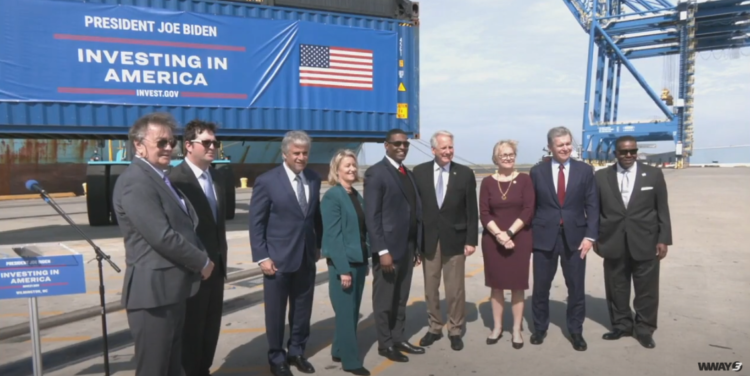
U.S. EPA Launches $3B Clean Ports Fund
Via the Maritime Executive The U.S. Environmental Protection Agency has launched a much-anticipated funding round for zero-emission port infrastructure and equipment. With financing from the Inflation Reduction Act, the EPACongressional PORTS Caucus Co-Chairs Weigh in with EPA
Reps. Robert Garcia (D-CA-42) and Randy Weber (R-TX-14), Co-Chairs of the Congressional PORTS Caucus, submitted a letter to the Environmental Protection Agency (EPA), seeking adjustments to the Clean Ports Program.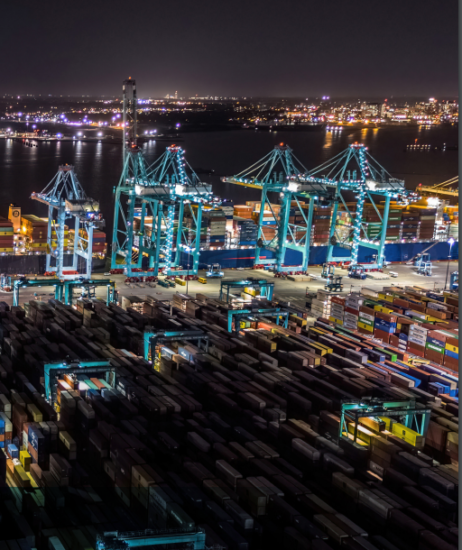
Port of Virginia Switches to 100% Clean Power
Read the full article in the Maritime Executive. On New Years’ Day, the Port of Virginia became the first seaport on the U.S. East Coast (and one of a handful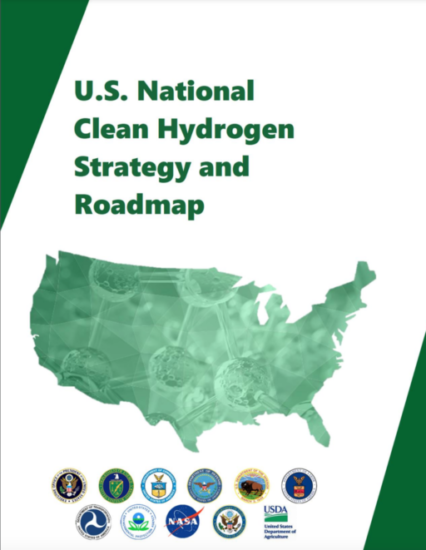
Department of Energy Releases Clean Hydrogen Strategy
By Isaac Nahmias Read the full U.S. National Clean Hydrogen Strategy and Roadmap here. Read the Department of energy announcement here. The new White House U.S. National Clean Hydrogen Strategy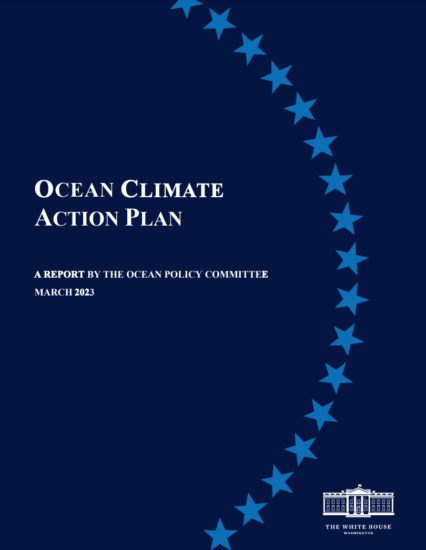
White House Releases Ocean Climate Action Plan
By Ian Gates In March, the Biden-Harris Administration released its Ocean Climate Action Plan (OCAP). This plan will connect the Administration’s climate goals and targets to agency actions in oceans.
Creating Coalitions for Sustainability
By Théo Fortin, International Association of Port Cities (AIVP) For 30 years, the AIVP has been accompanying port cities towards a more resilient, concerted, and sustainable future. With close to
